SUMMARY
This is AI generated summarization, which may have errors. For context, always refer to the full article.
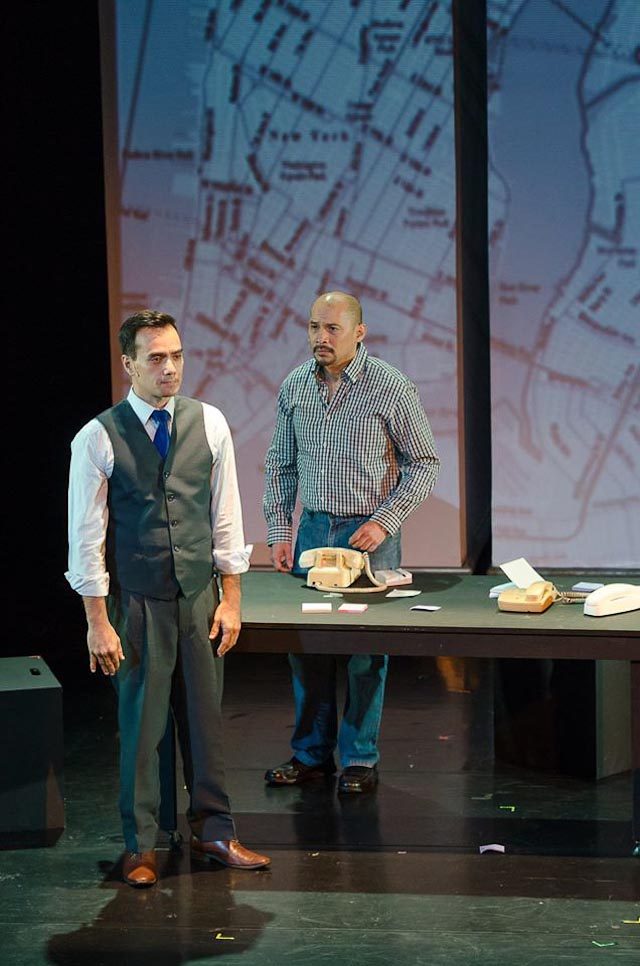
MANILA, Philippines – The Necessary Theatre, in staging American playwright and activist Larry Kramer’s semi-autobiographical drama The Normal Heart, tells anything but a dated tale. As the troupe’s artistic director Bart Guingona realizes, Manila today is “a frightening mirror of 1981 New York” depicted in the play, a press release says.
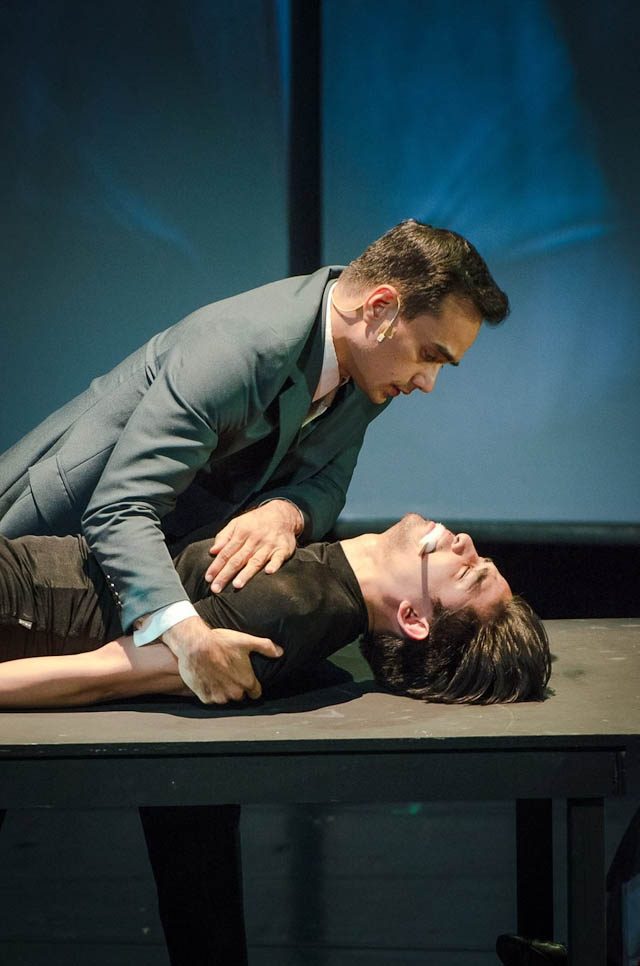
In the New York Times, critic Frank Rich reviewed its 1985 off-Broadway run and argued that The Normal Heart is “the most outspoken play around – or that it speaks up about a subject that justifies its author’s unflagging, at times even hysterical, sense of urgency.”
In the context of the Philippines nowadays, The Normal Heart became more than a snippet of history or a memorial. In a nation already fraught with battles on several fronts, a warzone rages on Filipino soil, and the indignation that fills the play could stoke the country’s own victories.
According to the World Health Organization (WHO), the HIV epidemic in the Philippines is the fastest growing, and the alarms need to be sounded louder than ever. (INFOGRAPHIC: HIV epidemic in the Philippines)
However, instead of swift and widespread action, stigmas and myths proliferate. (PODCAST: We need to talk about HIV)
Many battles have been won all over the world: in gender equality and in pushing for HIV research, but the war is far from over. (READ: On HIV: Winning the battles but losing the war?)
The Necessary Theatre’s two-weekend re-run of the acclaimed play in October 2015 was one of many constant and resounding pleas – a desperate call for vigilant action.
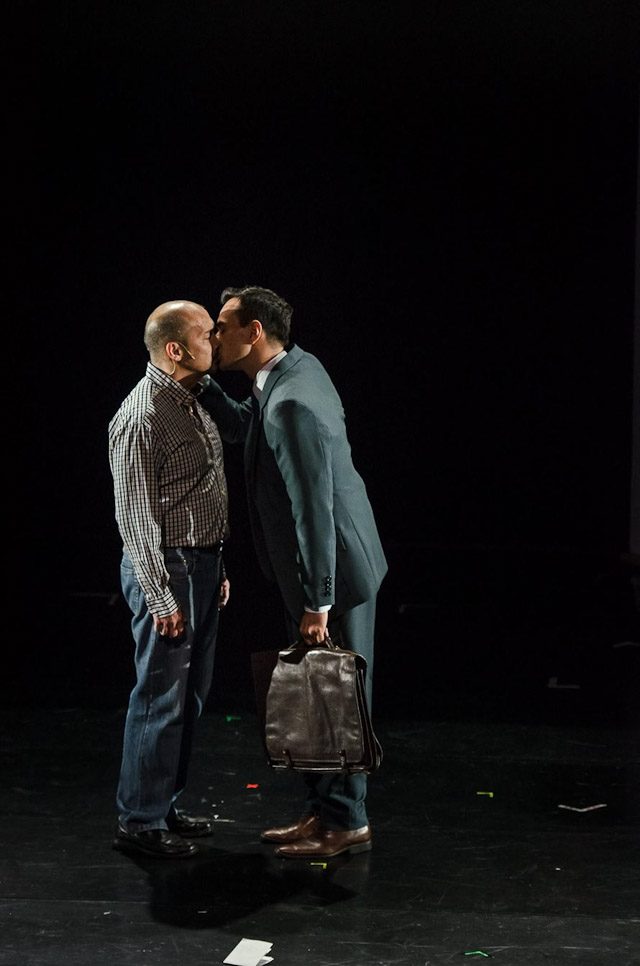
While its early New York run has been derided as “pamphleteering” and “journalistic,” the Manila edition was an emboldened and lived experience off the pages of the manuscript. The acclaim it has garnered is testament to this.
The Normal Heart transports the audience to the battlefield of early ‘80s New York with its vibrant but embattled gay community, and it all hits close to home.
Back then, HIV didn’t even have a name. It was an enigmatic disease that kept medical professionals fumbling and that seemed to exclusively afflict the already-marginalized gay community. Even the New York Times, before it became at the forefront of the battle, called it a “cancer.”
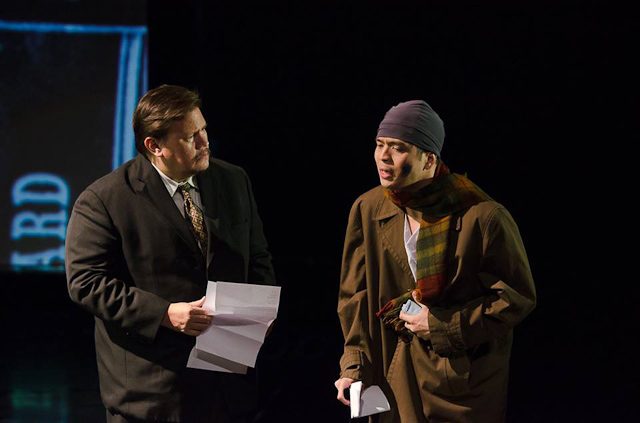
In the midst of all this, Guingona himself took on Kramer’s tempestuous and abrasive (fictional) alter ego in the play, Ned Weeks. Like Kramer, Ned is a leading figure in an HIV advocacy group lobbying for government to take swift action, but in his characteristically confrontational way of doing things.
His ally, the wheelchair-bound Dr. Emma Brookner (Roselyn Perez), has dealt with several patients struck by the mysterious disease. She suggests abstinence not only to Ned and his allies in New York but to homosexuals around the world as well – as she despairs trying to gather support for research.
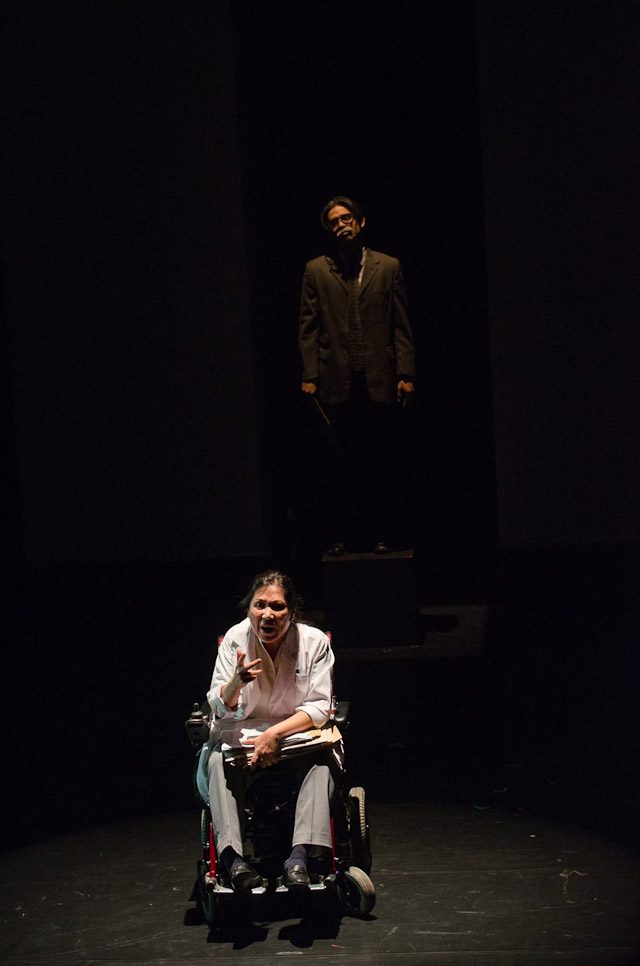
Joining Ned in the fray are Mickey Marcus (Nor Domingo), Tommy Boatwright (Red Concepcion), and their levelheaded organization president, Bruce Niles (TJ Trinidad) – the last of whom Ned is at odds with.
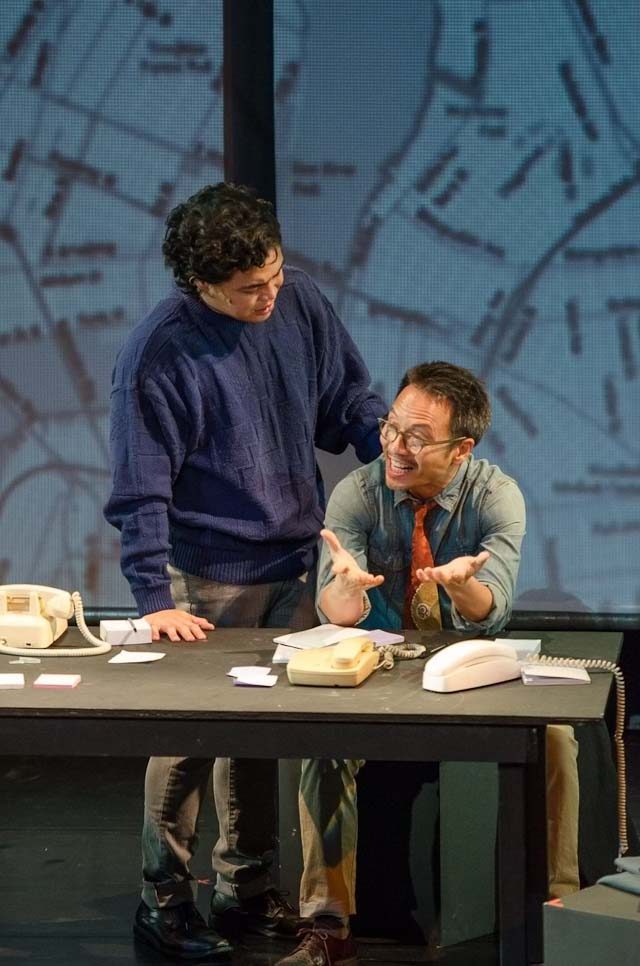
Aside from Dr. Brookner, Ned enlists the help of his own brother, Ben Weeks (Richard Cunanan), a lawyer and straight man sympathetic to their crusade. He also tries to use the connections of New York Times fashion writer, Felix Turner (Topper Fabregas) to get people rally to their cause, and in him, Ned also finds a lover.
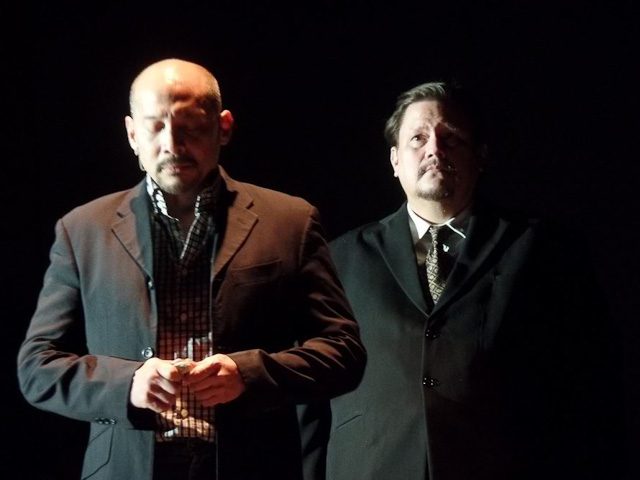
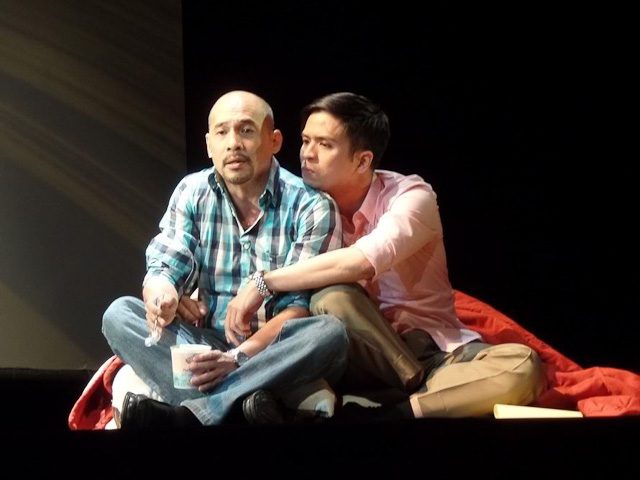
On the other side of things, there are people in denial and unflinching to Ned and company’s urgent cause – characters like then-mayor Ed Koch’s aide, Hiram Keebler (Jef Flores).
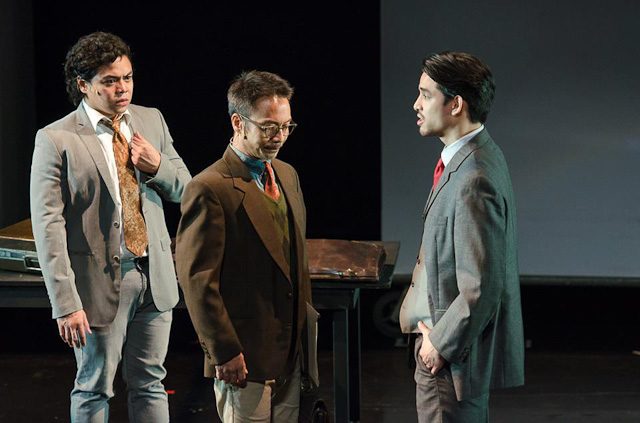
As the play progressed, it became evident how the show had been all about a community of human beings caught in the crossfire between politicking and the virus itself. It’s apathy and inaction that’s ultimately troubling, when time isn’t exactly on their side as person after person flatlines.
In the 2011 Broadway revival of the play, Larry Kramer distributed a pamphlet – despairing in its pleading but hopeful in its exhortation. “The numbers of the infected and dying are so grotesquely high they are rarely acknowledged,” he wrote.
At the end of the letter, Kramer, ever the fighter, said something telling. HIV and AIDS have never simply been about the alarming statistics or the threat of the virus itself, but rather the silent acquiescence of humanity. In his words: “I have never seen such wrongs such as this plague, in all its guises, represents, and continues to say about us all.”
The anguish that permeates the dialogue and soliloquies, however, is no sign of powerlessness. This outrage can fuel the call to arms and is precisely the play’s own glimmer of hope. There is virtue in indignation, especially against wanton injustice. – Rappler.com
Paolo Abad is a film/television editor and motion graphic designer. He is also a self-confessed concert junkie – a perennial attendee at gigs of indie acts.
Add a comment
How does this make you feel?
There are no comments yet. Add your comment to start the conversation.